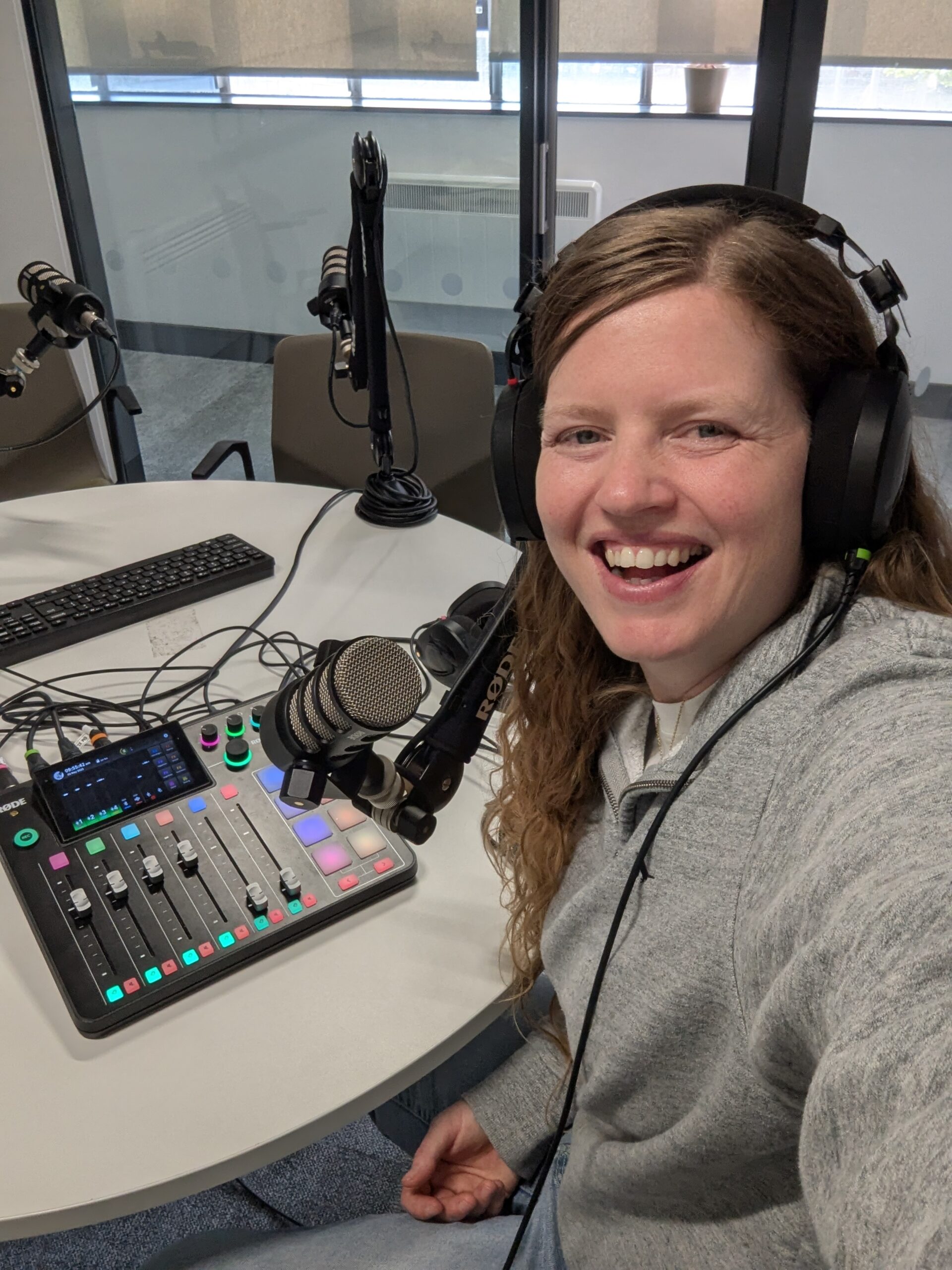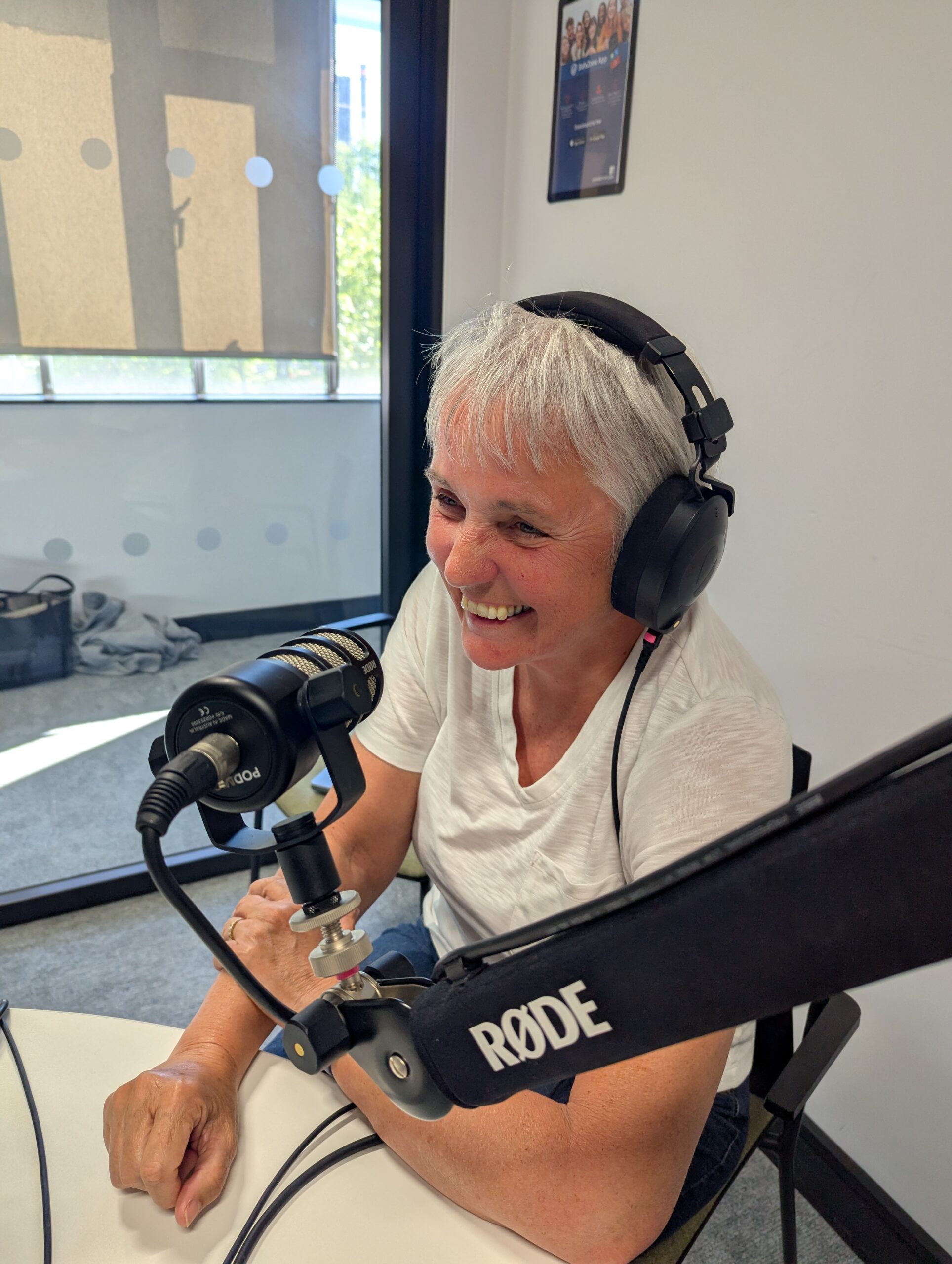Whose Power? – A Research Podcasts Case Study
Amplifying Impact: The ‘Whose Power?’ Participatory Research Podcast
At Research Podcasts, we specialise in helping academics and institutions amplify their research through compelling audio. This case study explores how our expertise, in partnership with Leeds Museums and Galleries, facilitated the creation of Whose Power? a project that transforms the principles of co-production and participatory research into a dynamic and widely accessible podcast.
The collaborators behind Whose Power? recognised that while academic papers on participatory research are invaluable, they often don’t fully capture the authentic, complex conversations at the heart of this work. The vision for a participatory research podcast emerged as a powerful solution: an innovative method for collaborative research that also serves as a way to tell others about what they have been doing together. The podcast offers a new avenue for diverse audiences to hear directly from researchers and community partners about the joys and challenges of working together.
From Vision to Sound: Our Collaborative Production Process
Producing a sophisticated academic podcast like Whose Power? goes beyond simply having a compelling topic. It demands strategic forethought, meticulous planning, and robust technical execution. Our collaboration included developing a clear series structure and ensuring high-quality audio production, all while helping the project participants articulate their stories with clarity and impact. Our expertise ensures that every episode effectively showcases the power-sharing at the core of co-production, making the complex concepts tangible for a wider audience.
The series features the work of the Preservative Party, a group of young curators from Leeds City Museum who challenge traditional barriers in the museum sector. A key part of the process was creating and maintaining a safe space for real collaboration. As Youth Engagement Curator Jordan Keighley explains, this is achieved by meeting regularly and absorbing the pressures of deadlines themselves, allowing the young people to be “authentically creative” without the burden.
Creating Tangible Impact with a Participatory Research Podcast
The Whose Power? podcast offers a unique platform for participants to engage with their research in a more personal and reflective way. It allows for a deeper exploration of their work than is typically possible in other contexts, providing an effective way to reach new audiences. People who might not engage with extensive academic texts can find the podcast an efficient way to access critical insights into the practical realities of co-production.
The impact of this approach is significant and deeply personal. As one participant, Rahesa, noted, the podcast allowed them to “take ownership and to tell my story the way that I want to, with my words, with my voice,” after feeling that their story had previously been told for them by others. Another participant, Hugo, described the experience of collaborating as “eye opening” and “rewarding,” allowing them to see the “inner workings” of the museum for the first time. The newest members of the Preservative Party, Rowan, Eden, and Esme, joined the group for reasons ranging from seeing an exhibition to wanting to socialise with people their own age after an illness, demonstrating the profound personal growth and social connections the project fosters.
The podcast also features fascinating insights into the projects themselves. In one episode, Izzy Bartley discusses their PhD research on decolonising museums through board games, highlighting their mission to diversify the curriculum beyond a “very white male Victorian kind of curriculum”.
Inspiring the Next Generation of Co-producers
Creating Whose Power? as a participatory research podcast provided the foundational framework, essential tools, and an expansive platform to move beyond traditional academic communication. This enabled deeper conversations, wider public engagement, and a powerful demonstration of how co-production can lead to significant impact, all underpinned by expert podcast production and a careful attention to collaborative storytelling.
Be inspired by the researchers and community partners who are working together to shift power dynamics. Listen now to find out how they are putting the principles of co-production into practice and creating meaningful research:
Research Podcasts offer podcast production and training for researchers and academics. If you have an idea, we can make it a reality.
Krissie Brighty-Glover, Director of Training


